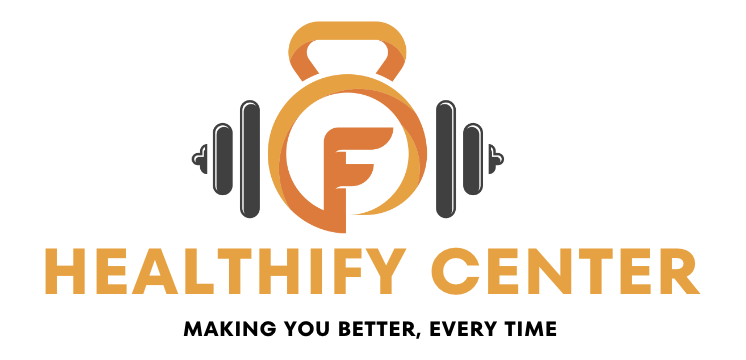Patient outcomes are one of the most important measures of a hospital’s success. When patients seek medical care, they expect to receive high-quality treatment that will lead to positive health outcomes. Hospitals have a responsibility to provide the best care possible, and one way they measure their performance is through hospital quality measures.
Hospital quality measures are tools used to assess the quality of care provided to patients. These measures can include a wide range of factors, such as patient satisfaction, readmission rates, mortality rates, infection rates, and many others. By tracking and analyzing these measures, hospitals can identify areas for improvement and implement changes to enhance patient outcomes.
There are several ways in which hospitals can use quality measures to improve patient outcomes. Firstly, these measures can help hospitals identify areas of weakness in their care delivery. For example, if a hospital has a high readmission rate for a certain condition, it can investigate the root causes and make changes to prevent future readmissions. This ultimately leads to better patient outcomes and reduces the overall cost of care.
Additionally, quality measures can help hospitals standardize and improve the delivery of care. By tracking outcomes and comparing them to best practices, hospitals can identify areas where they can make improvements. This might include implementing new protocols, training staff on best practices, or investing in new technology or resources to better serve patients.
Quality measures also provide transparency and accountability for hospitals. By publicly reporting on their performance, hospitals are incentivized to strive for better outcomes. Patients can use this information to make informed choices about where they receive care, which puts pressure on hospitals to constantly improve in order to attract and retain patients.
Furthermore, quality measures can drive innovation in healthcare. Hospitals that consistently track and analyze their performance can identify opportunities for improvement and develop new, more effective ways of delivering care. This can lead to advancements in medical treatment, patient care protocols, and overall health outcomes.
In conclusion, hospital quality measures are a crucial tool in improving patient outcomes. By tracking and analyzing data, hospitals can identify areas for improvement, standardize care delivery, increase transparency and accountability, and drive innovation in healthcare. Ultimately, these measures help hospitals provide better care to their patients, leading to improved health outcomes and a better overall patient experience. It is essential for hospitals to continue to prioritize the use of quality measures in their efforts to improve patient care and ultimately save lives.

















Leave a Reply